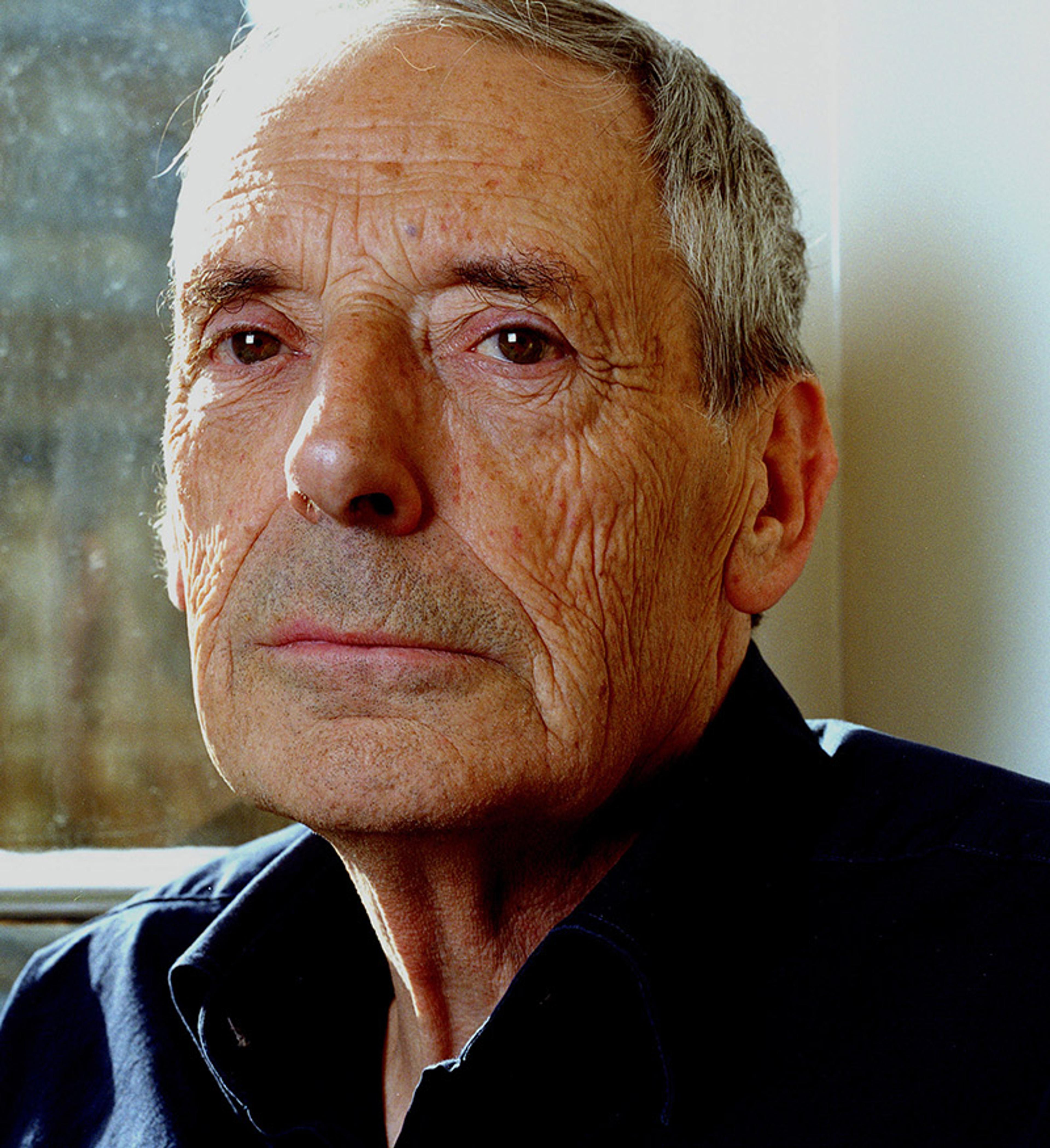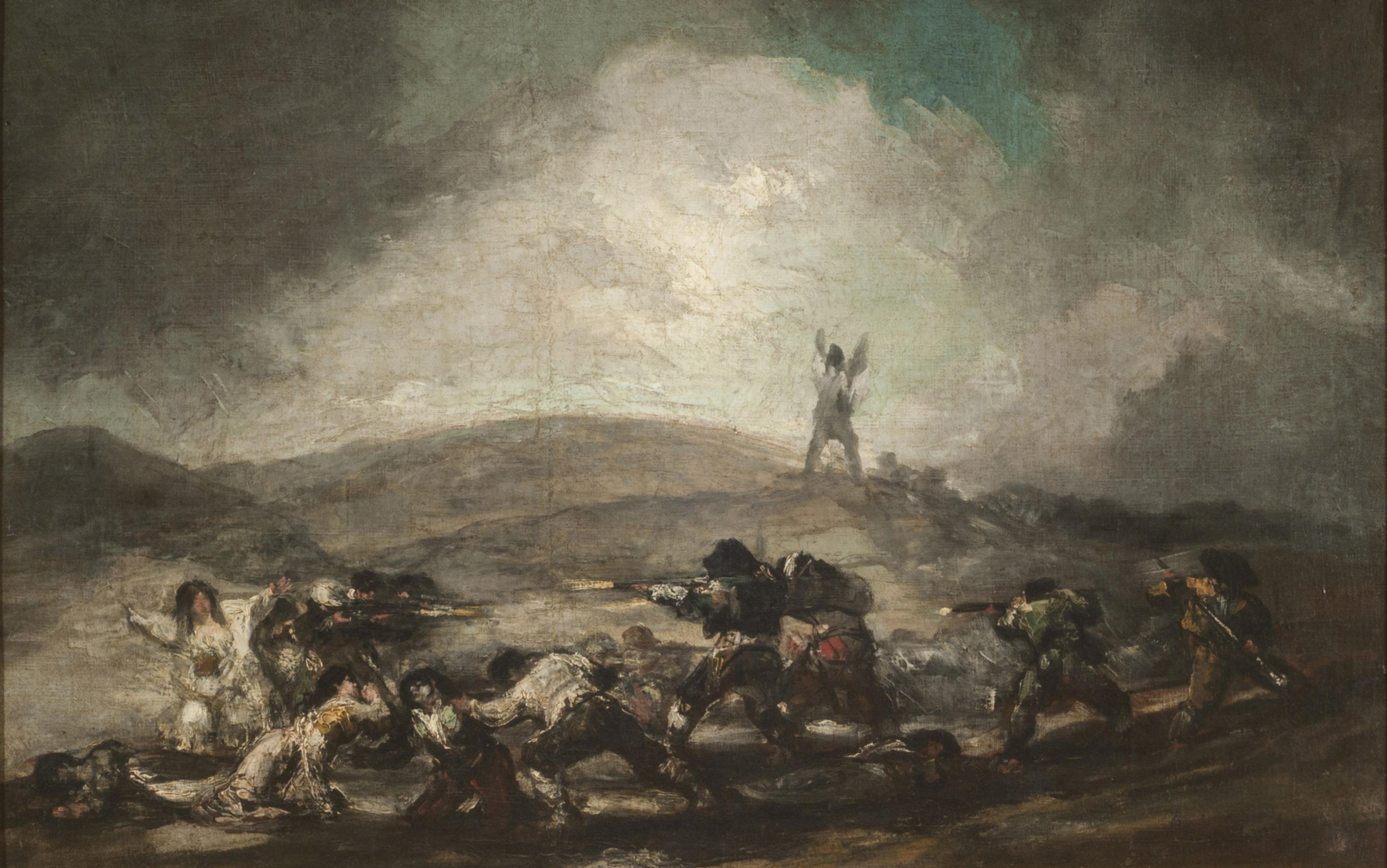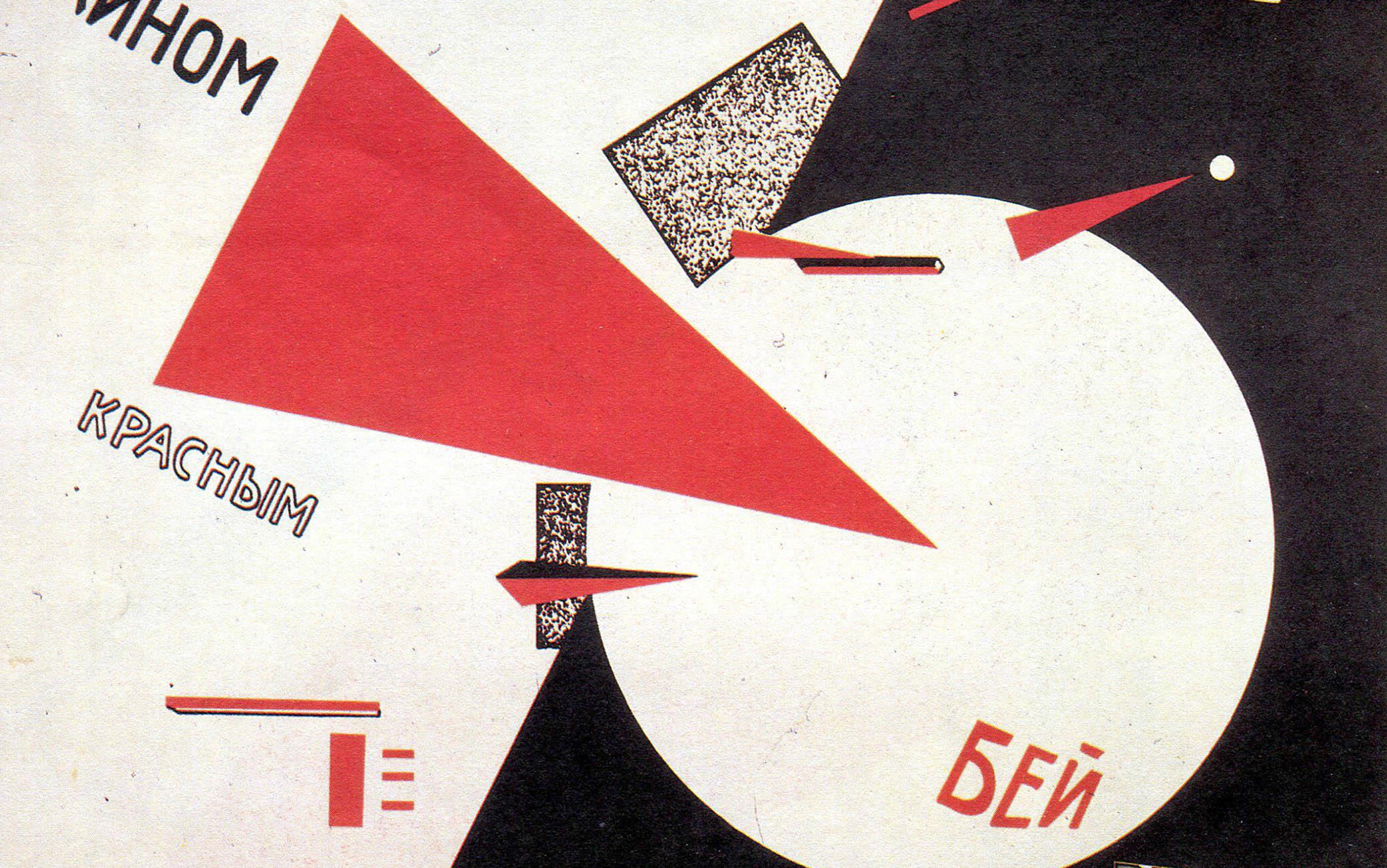Travel and history can both inspire a sense of moral relativism, as they did for the Greek historian and traveller Herodotus in the 5th century BCE. What should one make of the fact that what counts as adultery, for example, differs around the world? In Lust in Translation (2007), the contemporary writer Pamela Druckerman chronicles how the rules of infidelity vary ‘from Tokyo to Tennessee’. It can be tempting to conclude that the correct answer to moral questions is ultimately settled by convention, perhaps like matters of etiquette such as how to eat your food. For Herodotus, the recognition of cultural difference led him to declare, echoing the words of the Greek poet Pindar, that ‘custom is king of all.’
The acclaimed British philosopher Bernard Williams, writing in the 1970s, showed that a common way of arguing for moral relativism is confused and contradictory. Nonetheless, he went on to defend a philosophical worldview that incorporated some of relativism’s underlying ideas. There is much to learn, when we think about the ongoing culture wars over moral values, from the encounters with relativism that recur throughout Williams’s work. First, however, it’s useful to understand why a prevalent feature of the culture wars, arguing over which words to use, itself quickly leads to arguments over relativism.

Consider the following memorable scene in Sally Rooney’s novel Conversations with Friends (2017). The central character, Frances, who is sleeping with Bobbi, rejects her friend Philip’s insistence that ‘in basic vocabulary she is your girlfriend.’ Frances is right to resist Philip’s attempt to put a familiar label on things: she is trying to live in a way for which there aren’t words yet. Elsewhere in the book, Frances questions not only the word ‘couple’ but even the term ‘relationship’ to depict her life with Bobbi. If she isn’t sure how to describe her complicated situation, it’s in part because it doesn’t easily fit into the grids of conventional thought. She wants, to use an image from James Joyce, to ‘fly by’ the nets of language.
The words your society uses, as Frances is highly aware, shape the self you can become. Language is loaded with ethical expectations. If you agree that you are in a ‘couple’ with someone, for instance, then that commonly (though not always) carries with it the expectation that you will not be in bed with anyone else. That norm can be challenged, and has been, by those who are in open relationships. However, if you are trying to live in a way that is new, and doesn’t fit into accustomed categories, then it’s likely that you will be misunderstood and deprived of social recognition. Even so, as the American philosopher Judith Butler has argued in Undoing Gender (2004), there are situations where it’s better to be unintelligible than to force oneself into the existing menu of social options.
If everyday language can sometimes feel oppressive, it’s perhaps because it is inescapably descriptive and evaluative: it tells you not just how things are, but how they should be. If you are someone’s ‘girlfriend’, for instance, then a vast number of beliefs kick into action about how you should behave. This is why Frances is so wary about accepting the label.
Perhaps the clearest example of how language can be at once descriptive and value-loaded is in the case of what philosophers have come to call thick ethical concepts. Think of words such as ‘friendly’, ‘mean’, ‘aggressive’, ‘rude’, ‘impatient’, ‘brutal’ and so on, and notice how these terms evaluate behaviour positively or negatively at the same time as they describe it. Thick ethical concepts are named by contrast with thin ethical concepts such as ‘right’ and ‘should’ and ‘ought’. These highly abstract terms are almost purely evaluative and don’t seem to describe any specific actions. Rather, as the American philosopher Christine Korsgaard has put it in The Sources of Normativity (1996), they seem like those gold stars used at school that can be stuck upon anything.
The culture wars that take place over controversial moral questions are, in part, battles over which ethically loaded concepts should win out within a society. Should sexuality be conceptualised in terms connected with sexual purity and restraint (‘sanctity’, ‘chastity’ and so on) or in terms of sexual self-expression and experimentation (‘liberation’, ‘kink’ and so on)? This brings home the fact that ethical words and concepts are not just abstract ideas: they are the product and expression of different ways of living. Seen this way, the political intensity surrounding what is sometimes disparaged as ‘arguments over words’ makes total sense. The culture wars are concept wars over how best to live.
We all use ethical concepts in the broad sense I have introduced. People who think that they can live without values are failing to think through what that would really mean. But if we all, inevitably, evaluate our experience, we don’t all do so in the same way. In a recent podcast on the lessons from the Roman Empire, the historian Tom Holland stressed the dramatic contrast between the sexual mores of ancient Rome and those of the modern West. This is just one, perhaps already familiar, example of the commonplace fact that ethical norms vary across, as well as within, cultures. Moreover, even ethical concepts that are superficially shared can be understood in deeply different ways. Consider how respect is shown in a nod of the head: it can symbolise respect as a form of mutual recognition, or respect as deference to another’s superior strength.
Call it the anti-Humanist Fork: relativism or religion?
The fact of moral diversity therefore raises the issue of moral relativism. This, too, has become a part of the culture wars, especially as these debates have played out in the United States. Many moral traditions are based on the idea that there are universal values, perhaps rooted in human nature. Perhaps you yourself were raised with the universalist idea that there is a single true morality that applies to everyone, everywhere. But if living many different ethical ways of life is natural to human beings, then this encourages the idea that humans create multiple ethical worlds, and that ethical truth is relative to the world in question. Moral truth, like the truth about etiquette, simply varies from place to place. So far, so bad, for universalism.
When battles over moral relativism have featured in the culture wars, they tend to be framed in the following way. One side of the argument celebrates cultural diversity and unites this with an emphasis on the socially constructed nature of values. This is the outlook popularly associated with postmodernism, identity politics, and the rejection of universalist tradition. However, this seemingly ‘relativistic’ destination is precisely what alarms the moral conservative. Hence the other side of the culture wars: if there is no common human standard upon which to ground moral universalism, then something beyond the human is needed. This is the side of the culture wars associated with the need to return to religion, and a morally reactionary response to social diversity.
These debates about the sources of morality have become part of mainstream culture. The old-school secular humanist, faced with the difficulty of finding a universal basis for a human-centred morality, is presented with a dilemma: either choose a culture-centred ethics, or return to a God-centred one. Call it the anti-Humanist Fork: relativism or religion? Rowan Williams, the former Archbishop of Canterbury in the United Kingdom, recently stated in the New Statesman magazine that ‘The modern humanist is likely to be a far more passionate defender of cultural variety than their predecessors.’ What he didn’t dwell upon is the following irony: that proper recognition of moral diversity has tended to undermine the universalism upon which humanism is typically founded.
It’s important to note that diversity of belief doesn’t by itself entail relativism. After all, different cultures have held different beliefs about the shape of the Earth. Does it follow that there is no non-relative fact of the matter and that all we can say is that the Earth is truly round relative to one culture, and truly flat relative to another? If your friend said the Earth was flat, you would perhaps show them the photo known as ‘Blue Marble’, taken as the Apollo 17 crew made its way to the Moon in 1972. If you are wealthy and extravagant enough, you might book them on a trip to space. You are unlikely to ‘go relativist’.
Being a non-relativist about the shape of the Earth, however, doesn’t require you to be a non-relativist about everything. Moral relativism remains an option. As we have already seen, if you combine the idea that Human beings construct ethical reality with the claim that How humans construct ethical reality varies between cultures, then moral relativism becomes hard to avoid. Indeed, those who are quick to move from observing the diversity of moral beliefs to embracing moral relativism are perhaps already inclined to think that morality is a cultural construct whereas the shape of the Earth is not. Others are drawn to relativism about morality because they think it a wiser, more tolerant outlook. As someone might say: ‘They have their way, we have ours, and that’s all there is to be said.’
Bernard Williams (no relation to Rowan) argued incisively against what he called ‘vulgar relativism’ in his first book, Morality (1972). A leading figure in English-language philosophy, he later popularised the term ‘thick concepts’ that I introduced earlier (he was the first to use the term in print, in 1985). Williams had a deep sense of the cultural and historical variety of ethical life. But he also saw that the typical way that moral relativism was taken to support toleration, notably by some anthropologists at the time, was fundamentally incoherent.
Perhaps, at least for a violent society, war is the answer
The vulgar relativist, Williams says, thinks that whether something is ‘morally right’ means ‘right for a given society’. As a result, to discuss whether, say, sex with multiple partners is morally right, you must first ask: right for whom? There is no universal answer: polyamory will be permitted, indeed celebrated, in some times and places, and morally denounced in others. This is the insight that is supposed to lead to a tolerant outlook. Indeed, the vulgar relativist, as described by Williams, holds that, because morality is tied to a way of life, ‘it is wrong for people in one society to condemn, interfere with, etc, the values of another society.’
The problem for vulgar relativism, as Williams goes on to show, is with the status of the principle of toleration. If it’s right to be tolerant, and ‘right’ is relative, then we must ask: right for whom? After all, if an aggressive warrior society is debating whether it should interfere with its neighbours, then according to its values the answer might be a definite ‘Yes, we should interfere.’ Perhaps, at least for a violent society, war is the answer. The point, as Williams makes clear, is that you can’t coherently say that All moral truth is relative to a culture and espouse a non-relative moral rule that all cultures should respect one another. The vulgar relativist is putting forward toleration as a universal moral principle, but this is flat-out inconsistent with moral relativism itself.
Vulgar relativism is ‘absurd’, Williams concluded, but this can give a misleading impression: he took seriously many of the ideas that underpin moral relativism. In fact, he agrees with the moral relativist that ethical reality is a human construction, and, like the relativist, he emphasises the variety of moral outlooks. Some moral and religious traditions hold that moral reality is as objective and universal as facts about the shape of the Earth. Williams certainly didn’t think this and went so far as to call his own moral position ‘nonobjectivist’.
Perhaps Williams’s respect for the moral relativist’s motivations emerges most strikingly in the following passage from his middle-period book Ethics and the Limits of Philosophy (1985):
If you are conscious of nonobjectivity, should that not properly affect the way in which you see the application or extent of your ethical outlook? … If we become conscious of ethical variation and of the kinds of explanation it may receive, it is incredible that this consciousness should just leave everything where it was and not affect our ethical thought itself. We can go on, no doubt, simply saying that we are right and everyone else is wrong (that is to say, on the nonobjectivist view, affirming our values and rejecting theirs), but if we have arrived at this stage of reflection, it seems a remarkably inadequate response.
Williams argued for appropriate recognition of the cultural and historical location of one’s ethics and combined this with a shrewd sense of when moral assessment has a point and when it doesn’t. This took him close to the spirit of relativism – in fact, he even espoused what he called a ‘relativism of distance’.
The danger with an acute feel for history is that you can end up trapped in a relativist bubble
The belief at the heart of Williams’s relativism of distance is that it doesn’t makes sense to assert the truth of one’s moral outlook across the entire span of human history. He would have supported the Universal Declaration of Human Rights, for example, but at the same time questioned the value and wisdom of mentally applying it to warrior cultures thousands of years in the past. There was no need, Williams urged, for a ‘relativistic vow of silence about the past’ but on the other hand, ‘comments about it are not obligatory, either.’
Writing in The New York Review in 1998, Williams gave memorable expression to these ideas and sentiments:
Must I think of myself as visiting in judgment all the reaches of history? Of course, one can imagine oneself as Kant at the Court of King Arthur, disapproving of its injustices, but exactly what grip does this get on one’s ethical thought?
Immanuel Kant, the 18th-century moral philosopher, believed that everyone knew the same universal moral law, so that it was always intelligible to appeal to its presence. Williams, for the most part, thinks that what makes ethical sense is more culturally limited. When we look inside, what we find is not the moral law, but our historically formed identity.
The danger with an acute feel for history is that you can end up trapped in a relativist bubble. But if Williams shared the relativist’s sense of the culturally rooted nature of ethical life, he also wanted to incorporate into his moral philosophy the kind of critical tools that mean you don’t have to accept the worst things associated with moral relativism: either that ‘anything goes’, or that societies can’t assess and evaluate each other, or that you must accept the status quo in your own society.
Williams’s great late work Truth and Truthfulness (2002) celebrated the virtues associated with the pursuit of truth. There is no objective and universal morality, according to Williams, but moral philosophy could still draw on the fact that some truths, like the shape of the planet, are objective and universal. If a moral outlook depends on blatant falsehoods, then it can be undermined by revealing the truth. To reject the claims of climate-change denial, for instance, you don’t have to debate whether there is an objective truth about morality. It’s enough to know that there is an objective truth about the effects of carbon dioxide in the atmosphere, what has happened to global annual temperature since the Industrial Revolution, and so on.
Williams had little time for the idea, associated with postmodernism, that all of reality is a cultural construction. Humans have dramatically reshaped the Earth but they didn’t create the planet they live on. Ethical reality is constructed via interaction with ‘an already existing physical world’ that is not a cultural product. He tussled on numerous occasions with the American philosopher Richard Rorty, who, in the latter decades of the 20th century, became a kind of cultural figurehead for postmodernism in the academy. In fact, when I was a doctoral student at Johns Hopkins University in Baltimore, I spoke to Rorty about the contrast between his ideas and those of Williams. ‘Yes,’ Rorty said, Williams’s view chimed more with common sense but, as Rorty unforgettably concluded, ‘I want to change common sense!’
Like Rorty, however, Williams did emphasise the culturally constructed nature of ethical life. Influenced by the 19th-century thinker Friedrich Nietzsche, Williams became particularly interested in conceptual genealogy as a method in philosophy. What this means, in a nutshell, is that you can trace the origin and development of a concept or idea – liberty, for instance – to see whether the resulting narrative encourages use of the concept in question or whether it debunks it.
A concept’s history helps you understand whether you want to be part of the conceptual tribe that uses it
Think about this in relation to culture wars debates over love and sexuality. Not everyone will want to avoid, like Rooney’s character Frances, traditional concepts connected to romance. But conceptual genealogy invites you to reflect on the history of a word or concept such as ‘girlfriend’ and decide whether you want to continue to employ it. You might come to decide that, as Oscar Wilde in 1895 said about blasphemy, it ‘is not a word of mine.’
Many ideas associated with love, in particular marriage, have historically had very little to do with romance. As Stephanie Coontz’s work Marriage: A History (2005) illustrates, ‘most societies around the world saw marriage as far too vital an economic and political institution’ to be based on love. That’s a much more recent idea. Understanding the history of a concept helps you understand whether you want to be part of the way of life – call it the conceptual tribe – that uses it. Sometimes, joining an institution involves modifying its concepts for the better, as in the case of gay and lesbian marriage.
Truthfulness can be bracing, especially when focused on abuse of power. Williams drew on the tradition of philosophy known as critical theory, which stresses the examination and criticism of social structures. He writes:
[I]f one comes to know that the sole reason one accepts some moral claim is that somebody’s power has brought it about that one accepts it [and it is] in their interest that one should accept it [then] one will have no reason to go on accepting it.
No doubt one of Williams’s most admirable and enduring qualities was his desire to make philosophical room for inconvenient truths and the potentially startling clarity of speaking truth to power.
Williams argued that all human societies have a need for basic notions of accuracy and sincerity: the traits that combine to form the virtue of truthfulness. This introduced an element of universalism into his worldview. However, while the need for truthfulness is universal, Williams again made clear that different cultures have and will build differently on the need. He ends Truth and Truthfulness with the hope that the more ‘courageous, intransigent, and socially effective forms’ of the virtues associated with truth will live on.
It’s fair to say, strange as it sounds, that Williams’s defence of truth and truthfulness was an unfashionable undertaking in the humanities at the time. He was prescient, writing at the end of his life and at the turn of the millennium, about the various forms of truth denial that would emerge (or re-emerge) in the 21st century. Think of how the age of the internet, of which he saw only the beginning, would make Holocaust denial common again. Indeed, in a passage now widely shared online, he wrote about how the internet ‘makes it easy for large numbers of previously isolated extremists to find each other and talk only among themselves.’
Moral criticism must often take the form of making the plain truth widely known. But what if some arguments do ultimately come down to disagreements over values? Perhaps disputes over climate change, for example, go much deeper than familiarity with the relevant science can remedy. Williams says little about rational argument over values themselves, perhaps limited by his worldview according to which principles ‘do not admit of any ultimate justification’ (as Korsgaard puts it). Williams also expressed a worldly scepticism about what moral arguments can be expected to achieve. ‘What will the professor’s justification do,’ he wrote, ‘when they break down the door, smash his spectacles, take him away?’
He never thought moral philosophy could make ethical life any easier than it is
Williams’s work manifested the tension that one sees in the larger culture wars over values: between the desire to acknowledge what seem like universal and indisputable evils, and the desire to leave behind the legacy of universalism. He did, for instance in a book chapter titled ‘Human Rights and Relativism’, suggest that there are some very basic moral wrongs that almost all human beings recognise, even if elsewhere in his work he adamantly rejected the idea of a universal Moral Law.
Compare his outlook with that of the moral philosopher Derek Parfit, his longtime Oxford colleague. Parfit really did believe that ethical facts are as objective and universal as facts about the shape of the Earth, and searched for moral arguments that would convince everyone. In Shame and Necessity (1993), Williams argued, in contrast, that it makes more sense to pursue ‘social and political honesty’ than a ‘rationalistic metaphysics of morality’. If Williams had little time for Rorty’s postmodernism writ large, he also did not share Parfit’s hope (now associated with the Effective Altruism movement) that the study of ethics could become transformed into a science of morality, which would then be applied to solve the world’s problems.
Truthfulness, conceptual genealogy, comparative ethical study: these ingredients give Williams’s philosophy of value its critical bite. There are many resources left for ethical and political criticism after moral philosophy fully emerges from what Williams called ‘the shadow of universalism’ – or so he endeavoured to show. His aim was to hold on to the vital distinction between what is and what ought to be while maintaining that norms about what ought to be are themselves ultimately cultural creations. His position, in this respect, is akin to the view that human beings create the norms about what counts as good and bad art rather than discover mind-independent and timeless truths about beauty.
Williams never thought that moral philosophy could make ethical life any easier than it is. Nonetheless, he offers a vision of how philosophy, allied with other disciplines such as history, can provide both criticism and support for one’s ethical orientation in the world. And in his engagement with moral relativism, he doesn’t just point to a middle way between his contemporaries Richard Rorty and Derek Parfit. He offers an example of how to make one’s way through the culture wars.






